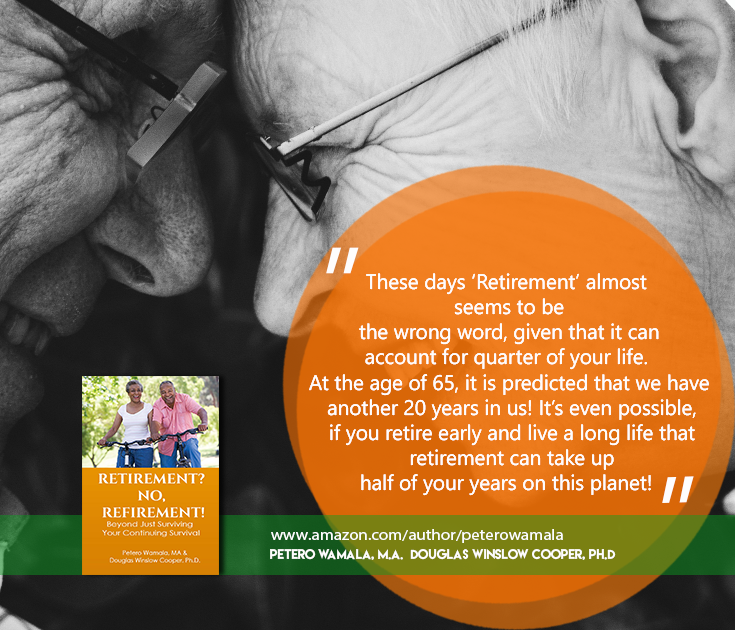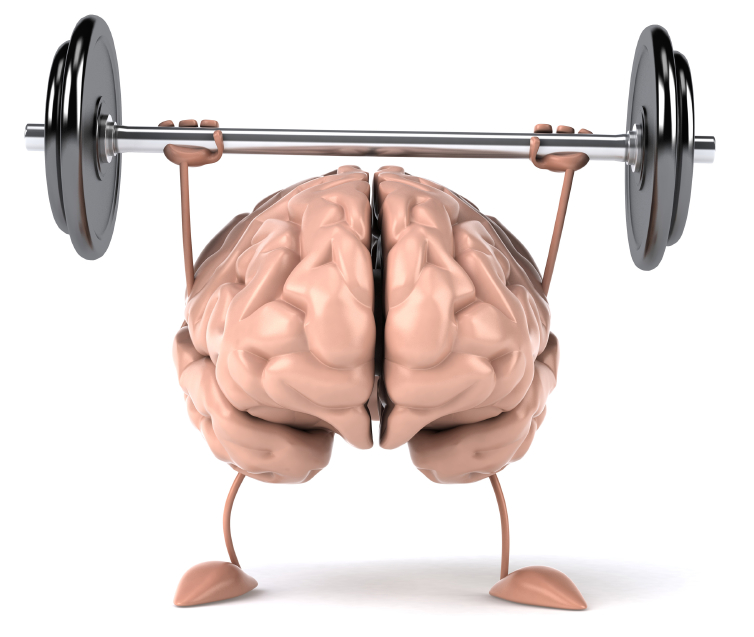Today`s crisis is that we do not know how to honour our deep needs,and we mistake recreation for happiness.The communal tales that we once lived by to infuse our lives with a sense of meaning are no longer accessible.

Today`s crisis is that we do not know how to honour our deep needs,and we mistake recreation for happiness.The communal tales that we once lived by to infuse our lives with a sense of meaning are no longer accessible.

When money is relatively scarce,money buys happiness,but when money is relatively plentifull,it ceases to do so.Although money seems to people to be a source of all pleasures,convertible to anything one wants,that is not the case.There are things money cannot buy.
According to Epicurus:”Everything we need is easy to procure,while the things we desire but do not need,are more difficult to obtain.”
We live at a time where CONSPICOUS consumption-the purchasing of goods to display our economic status,and INVIDOUS consumption-having goods so that others envy us,are so rampant,we hardly notice we are engaging in them!Advetisers create in us a feeling that we are lacking something,and then provide the means to ameriolate that lack.Foster wallace states:Avertisers create an anxiety relievable by a purchase!The fleeting surge of happiness you feel after the purchase is only short lived.

Happiness does not come by accident.In many cases,a happy life is a deliberately designed life.One big cause of unhappiness is cofusing our standard of living,with our quality of life.We erreneously believe that whenever we acquire or buy another product or service our quality of life goes up!In reality what goes up is our standard of living.Quality of life has nothing to do with having excess things.Advertising does promise a better quality of life,if you buy this or that,but it does not deliver the results.Though tasks may become easier to perform or more convinient,our lives remain the same.The ideology of consumerism propagated through massive advertising does not deliver a higher quality of life.Quality of life has more to do with simpler but important choices like drinking pure water,eating healthy home cooked food,talking a walk in natural surroundings,feeling secure enough to leave housedoors unlocked.Quality of life is sharing smiles with neighbours,delighting in animals and participating in projects aimed at improving your community.In seeking to raise our quality of life instead of standard of living,we become more appreciative of life in general,and in the process,we become happier.

Of all life,s transitions,the transition into or out of marriage is probably the most emotional!When wed,we obtain an immediate boost of happiness from the improved situation,but the boost only lasts for a short time.Over the coming months,we find our expectations moving upward,and we begin taking our spouses for granted.One study found that although the average person picks up a sizeable boost in happiness when he or she weds,this boost only lasts about two years,after which the former newly weds revert back to their original happiness level before marriage.
When you were newly in love,you perhaps had the capacity to be happy while stuck in traffic or as the dentist removed your tooth!So if you find yourself less euphoric and less amarous than at the beginning ,you are experiancing what most other human beings have experianced before you.Marital bliss like new job bliss,new house bliss or new car bliss is prone to quick adaptation,that squeezes out the initial thrill.May be just as well.If we continued to obsess about our partners,and to have sex multiple timesa day-every day,we perhaps wuld not be very productive at work,attentive to children,or even our health!
http://www.designingyourtransitions.wordpress.com

To many people,happiness is hiding and hopefully will be achieved in the future when aall conditions are just right.
The thinking goes i will be happier when my debts are paid,when i get a different job,when i find the spouse of my dreams or when i get out of that crummy marriage!This is unhealthy and unhelpfull.It comes from the vantage point that thinks happiness is conditional:on external circumstances,and can only be achieved when all the stars allign just right.Do not wait for circumstances to improve before you discover happiness.Design your own happiness today.
www,designingyourtransitions,wordpress.com


In service design,we do not just design a service experiance,we also strive to change the way our companies work,so that they can deliver the service in the best way possible.Hence it is important that our company cultures surport collaboration to facilitate co-creation with all stakeholders.Service design is a collaborative process and workshops are an important tool in facilitating this process.Above all in service design we need empathy.Empathy is our ability to see the world through other people,s eyes-to see what they see,feel what they feel and experiance the things as they do.We put aside our own preconceived ideas about the world and choose to understand the ideas,thoughts and feelings of those the service is being designed for..If you understand what the people aim for and what they feel when they try to accomplish it,the service design will most likely meet the needs of the user.

Cognitive processes such as attention, processing speed, cognitive flexibilty and abstract reasoning can be challenged as we age.These processes surport memory, leading to challenges in recall. Certain cognitive skills are well retained or improve with age, such as fund of knowledge, verbal skills and deductive reasoning-read wisdom!

True or false: I can remember something better if i turn it into a story.
True:This is a good description of the story telling strategy.

True or False? Memory loss is a fact of later life- at some point everyone starts to forget thingd.
FALSE:The ability to learn and remember does not have an expiration date!Serious memory loss is not an inevitable consquence of aging, it is the result of disease.Anyone at any age, can learn to rev up their memory.

1.Fact or fiction?: I can train my brain to never forget anything again!
Fiction:Forgeting is part of being human.Even memory experts forget!Better memory habbits will greatly improve your retention, but perfect recall is for computers, not people.
2.Fact or fiction? There is no getting around it:Iam bound to loose my memory when i get older.
Fiction:Age increases your risk for developing a serious mental disorder, but it is not inevitable.Research suggests that how we live can significantly impact how we age, and our vulnerability to diseases of memory.
Petero wamala is aRetirement plan specialist and cognitive coach for seniors.peterowamala62@gmail.com http://www.retiringyou.wordpress.com